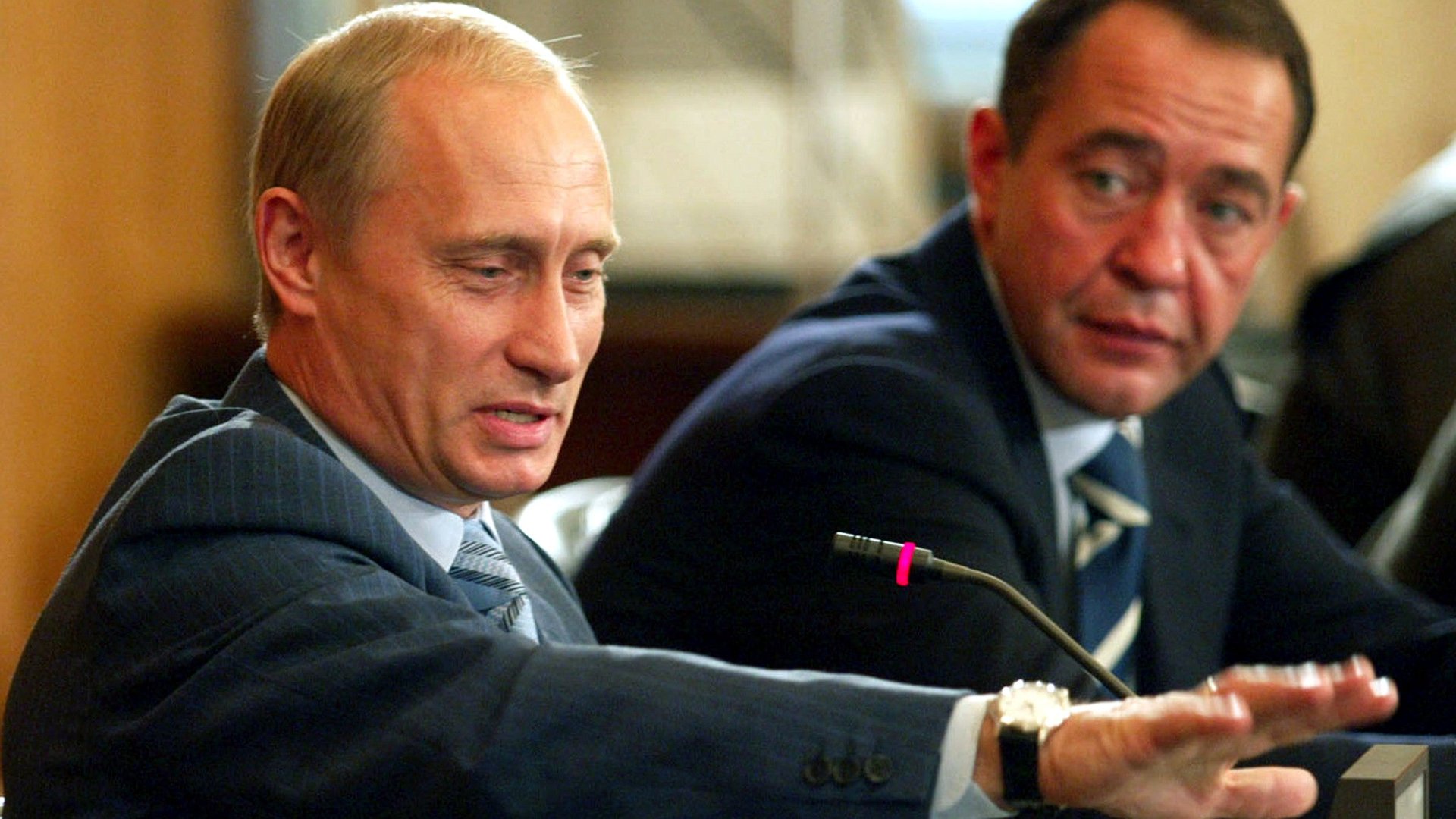The man behind Vladimir Putin’s control of Russian media was found mysteriously dead in a Washington hotel
Mikhail Lesin, the man who first helped Vladimir Putin squash independent Russian media, has been found dead in a hotel in the US capital, ABC News reports.


Mikhail Lesin, the man who first helped Vladimir Putin squash independent Russian media, has been found dead in a hotel in the US capital, ABC News reports.
Lesin’s body was discovered Thursday (Nov. 5) at the Hotel Dupont in downtown Washington, DC, and police are investigating his death. ABC reports US officials have formally notified Russia, and the two countries are cooperating to ascertain how he died.
Russian news agency RIA is reporting (link in Russian) that a representative of Lesin’s family said he died on Friday, “provisionally of a heart attack,” without specifying where. Meanwhile, the English-language Russian news service Russia Today (RT), which Lesin founded, is saying he died on Wednesday in Washington, also of a heart attack.
The US State Department referred all questions to the Washington police; the police have not responded to a request for comment from Quartz.
Lesin’s death comes at a time of increasing tension between the US and Russia, as both countries conduct aerial military operations shoulder-to-shoulder in Syria and trade ultimatums over Russia’s annexation of the Crimea and support of separatist rebels in eastern Ukraine.
Lesin’s wealth raised questions in the US; one Republican Senator urged the FBI to investigate whether he was laundering ill-gotten gains in Los Angeles real estate, and deals to back movies starring Brad Pitt and Arnold Schwarzenegger.
Though latterly eclipsed by Vladislav Surkov, Putin’s “gray cardinal,” it was Lesin who laid the foundations for Kremlin’s gradual takeover of independent Russian media.
As press and telecommunications minister under a newly elected Putin, it was he who got the jailed oligarch Vladimir Gusinsky to sign over control of his television channel, NTV—known for its feisty critiques of the government—to the state-owned energy giant, Gazprom, in 2001. He also oversaw the shutdown of two other independent stations, TV6 and TVS, in 2002 and 2003.
Lesin probably didn’t act only by fiat. In 1987 he had co-founded Video International, which became one of Russia’s biggest advertising agencies. Though he said he had stopped having any involvement with it in 1994, the agency’s control of giant ad budgets allowed it to exert leverage on media firms, and it was hard not to believe that it sometimes did so to the Kremlin’s advantage.
Then, in 2005, Lesin co-founded the pro-Kremlin international TV station, Russia Today, which has become one of the key planks of Russian “soft power” overseas. In 2013, he became head of Gazprom-Media—which, along with Video International, now controls most of Russia’s advertising spend. He quit that role just under a year ago.